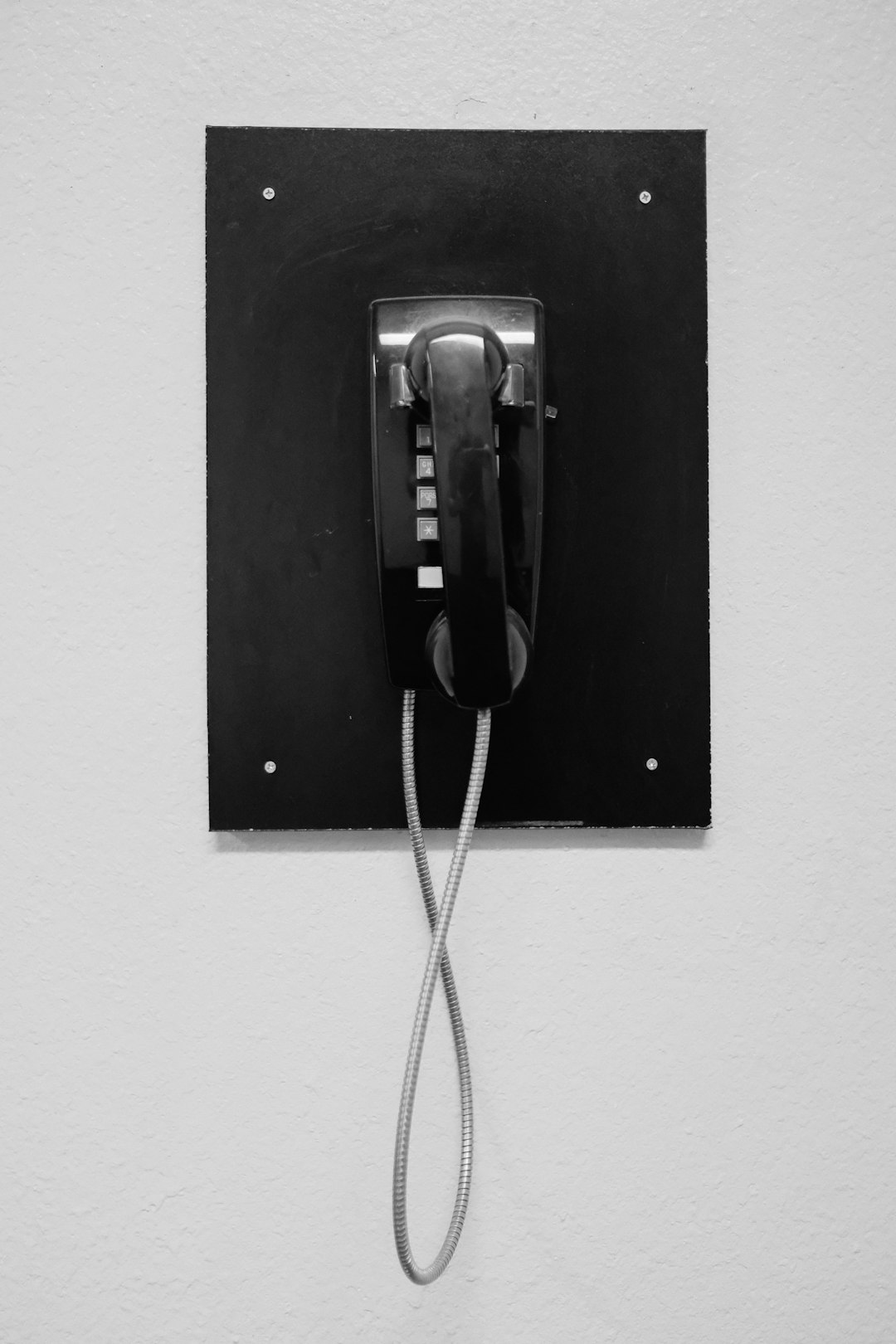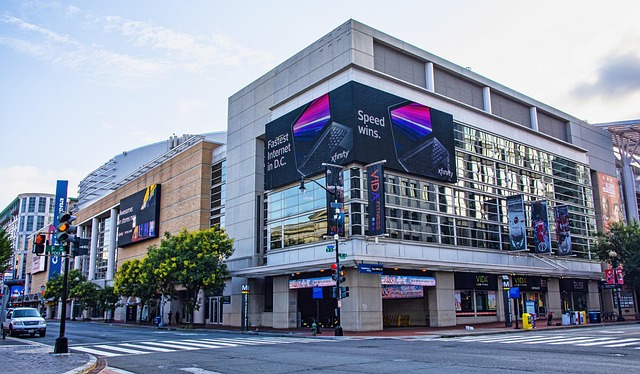In DC's VR landscape, businesses must navigate TCPA compliance to avoid legal issues with spam calls. User consent is crucial for VR interactions, requiring companies to secure explicit permission and offer opt-outs. Spam call lawyers specialize in these complexities, ensuring legal VR practices while protecting user privacy. Adopting best practices, including data security and transparent policies, along with legal counsel, facilitates compliant virtual experiences in the District of Columbia.
In the rapidly evolving landscape of virtual reality (VR), ensuring compliance with consumer protection laws like the Telemarketing Consumer Protection Act (TCPA) is more crucial than ever, especially for D.C.-based businesses. This article delves into the unique considerations surrounding TCPA in VR environments, exploring legal implications and best practices to avoid spam call violations. By understanding these nuances, District of Columbia companies can navigate this digital frontier responsibly, safeguarding their operations from potential legal pitfalls and ensuring customer satisfaction.
Understanding TCPA in Virtual Reality Environments

In the dynamic realm of virtual reality (VR), where interactions are increasingly immersive and global, understanding the Telephone Consumer Protection Act (TCPA) is more crucial than ever. As VR experiences in the District of Columbia gain popularity, businesses must be cognizant of the legal framework governing their practices to avoid potential pitfalls. The TCPA, a robust piece of legislation, was designed to curb spam calls and protect consumers from unsolicited communication. In today’s digital age, this includes virtual interactions as well.
Spam call lawyers in the District of Columbia highlight that VR developers and companies offering interactive experiences must navigate the complexities of TCPA compliance. This involves obtaining explicit consent from users before engaging them in any form of communication within the virtual environment. Even though VR presents a unique challenge due to its interactive nature, the principles behind consumer protection remain unchanged. Businesses must ensure they have the right permissions and are mindful of how user data is collected and utilized, thereby fostering a responsible and legal VR experience.
Legal Implications for D.C.-Based Businesses

The Telephone Consumer Protection Act (TCPA) imposes strict regulations on businesses regarding automated calls and texts, aiming to prevent nuisance and spam calls. For D.C.-based virtual reality experience providers, understanding these legal implications is crucial to avoid potential pitfalls. Violations of the TCPA can lead to significant financial penalties, with fines reaching up to $500 per violation.
Business in the District must ensure their virtual reality operations comply with TCPA standards, especially when employing automated technologies for marketing or customer engagement. This includes obtaining proper consent from users and providing a way to opt-out of future communications. Engaging spam call lawyers early on can help D.C.-based businesses navigate these regulations effectively, ensuring they deliver immersive experiences without legal complications.
Avoiding Spam Call Violations in VR Experiences

In the immersive world of virtual reality (VR), users are often focused on the experience itself, making it easy to overlook privacy and legal considerations. However, developers creating VR experiences in the District of Columbia must be particularly vigilant regarding the Telephone Consumer Protection Act (TCPA). One key area of focus is avoiding spam call violations. VR platforms should implement robust mechanisms to ensure user consent for any phone calls or text messages, clearly communicate privacy policies, and provide users with opt-out options.
Spam call lawyers in the District of Columbia emphasize that even within a virtual setting, businesses must adhere to strict TCPA guidelines. Failing to do so can result in significant legal consequences and damage the user experience. Developers should consult legal experts to ensure their VR applications comply with all relevant regulations, protecting both their business interests and the privacy rights of their users.
Best Practices for Compliant Virtual Interactions

To ensure compliant virtual interactions in the District of Columbia, businesses should follow best practices tailored for this unique environment. First and foremost, clearly obtain user consent before engaging in any virtual experience to avoid violating the Telephone Consumer Protection Act (TCPA). This includes explicit agreement from participants, particularly when using automated systems or pre-recorded messages.
Additionally, respect privacy by securing data collection and storage processes. Ensure users are aware of how their information will be used and limit data gathering to what is strictly necessary for the virtual experience. Engaging with reputable virtual reality service providers who prioritize TCPA compliance can also mitigate risks, as these professionals stay updated on legal requirements and best practices, including those specific to the District of Columbia and spam call lawyers.






